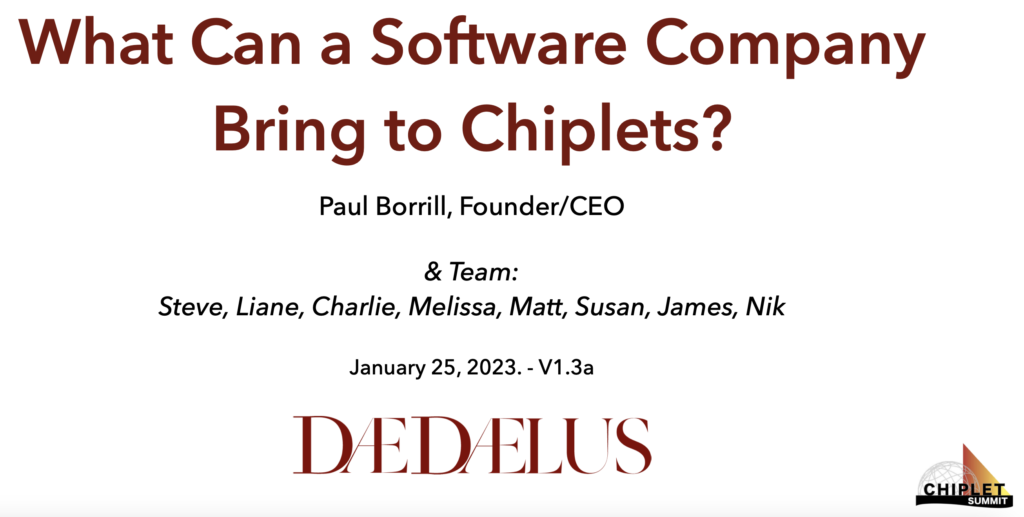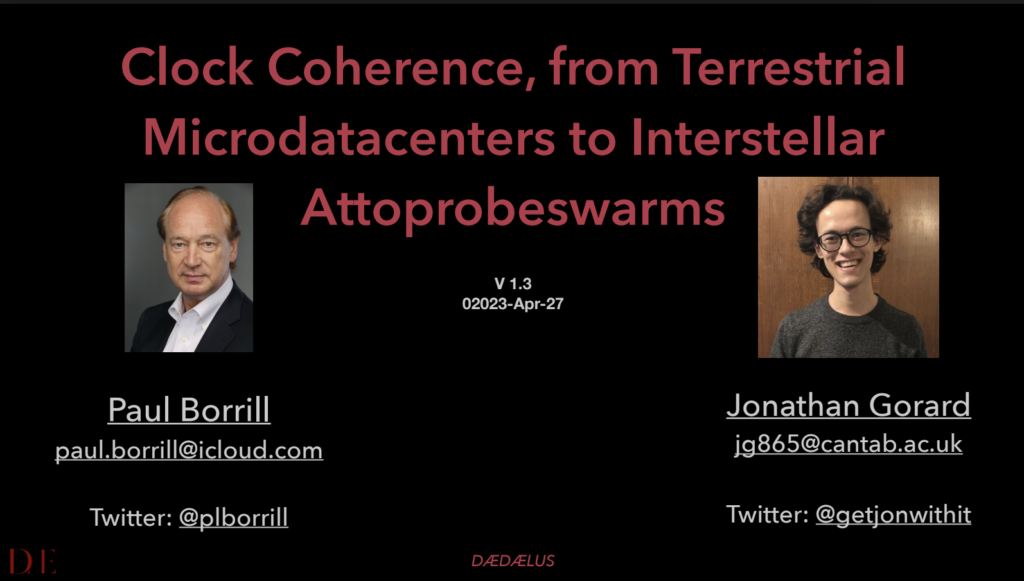DÆDÆLUS Mission
We address fundamental problems in distributed systems using protocols, data structures and algorithms inspired by Quantum Information Theory.
Our market is next generation platforms for secure, reliable, cutting edge, distributed computing. We provide 5G network slices with a fundamentally more secure graph confinement architecture.
Initial use-cases include Digital Twins, Multiplayer Games and Web 3.0.


